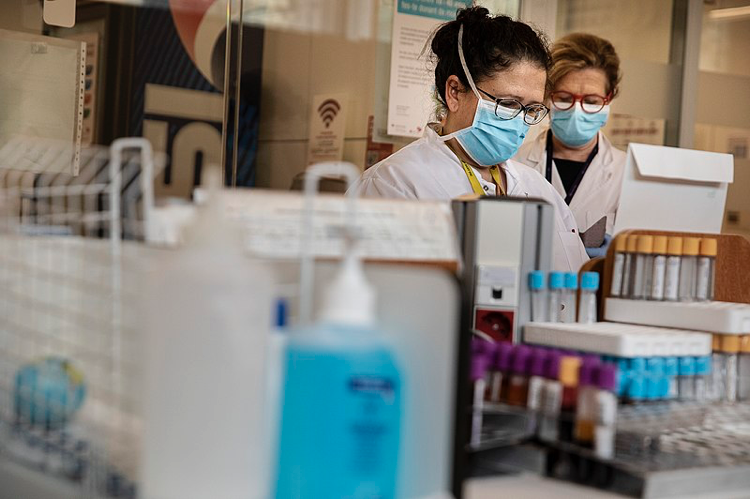The novel coronavirus has affected many people across the globe. Many people tend to worry about the complications the virus may cause in older adults and people with pre-existing health conditions. However, there are children who have developed Multisystem Inflammatory Syndrome (MIS-C), a rare but severe complication of COVID-19. Data shows that MIS-C disproportionately affects children from minority groups in Florida.
MIS-C was recognized in April 2020 as a condition in which organs become inflamed. It shows up within two to four weeks of being exposed to coronavirus during which the patient may have had little to no symptoms.
According to the Center for Disease Control, symptoms of MIS-C may include but are not limited to fever, abdominal pain, vomiting, diarrhea, neck pain, rash, bloodshot eyes, and/or fatigue.
MIS-C has affected children with ages ranging from a few months old to the late teen years. Many children end up hospitalized due to the syndrome, with about 80% in the intensive care unit. Most patients recover, but 2% of hospitalized patients have died.
Although the chances of recovery are high in the short-term, the long-term effects of MIS-C are still unknown. This serves as a concern to health care providers and parents.
The reason for developing MIS-C is still unknown. However, it may have to do with the immune system being compromised during COVID-19 infection. This would cause the immune system to attack the organs.
As trends in COVID-19 infections have shown higher percentages of children testing positive, MIS-C numbers have also gone up. In Florida, there have been about 70 cases of MIS-C. Approximately 0.1% of children diagnosed with COVID-19 end up developing MIS-C.
In Florida, trends show that MIS-C appears disproportionately in Hispanic or Black children. About 48% of the cases for children under the age of 18 in Florida are Hispanic and 40% are Black, as of September 12, 2020. *
It is unknown if genetic factors play a role in these data trends. However, social disparities among minority groups have put them at a higher risk of not only being infected by COVID-19 but developing severe complications due to the virus.
According to the CDC, racial and minority groups have been more prone to being infected and developing COVID-19 complications due to their social determinants of health. These conditions, such as where people live and work, have affected their “economic, physical and emotional health.”
Discrimination and racism against these groups has affected their social and economic conditions. Discrimination in the health care system, lack of transportation, communication barriers, cultural differences between health care workers and patients, and lack of insurance have led these groups to have less access to health care systems.
People from minority groups are more likely to be essential workers. Many also have lower incomes, not allowing them to take as many days off or leave work. This puts people at a higher risk of exposure and higher likelihood of bringing COVID-19 home to their children.
Housing conditions are another factor that increases infection among racial and ethnic minority groups. Many live in crowded areas, or due to their culture, many generations live in the same household. During the pandemic, the standards to slow the spread have led unemployment rates to go up disproportionately among minority groups. This has led to eviction, homelessness, or sharing of housing.
Social determinants of health have led to increased infection among Hispanics and Blacks, shedding light on the higher rates of MIS-C amongst Hispanic and Black children. These trends serve as a reminder that long-standing social disparities still exist within these groups and that although the probability is lower, the coronavirus may have serious effects on children.
*It is important to note that some patients’ race or ethnicity is unknown, and some patients identified as both Black and Hispanic according to the data. This was not considered when calculating percentages.
Featured image: Two scientists working on coronavirus research. Unmodified image by Jordi Play used under a Creative Commons license. (https://bit.ly/35APubO)
Check out other recent articles from the Florida Political Review here.





